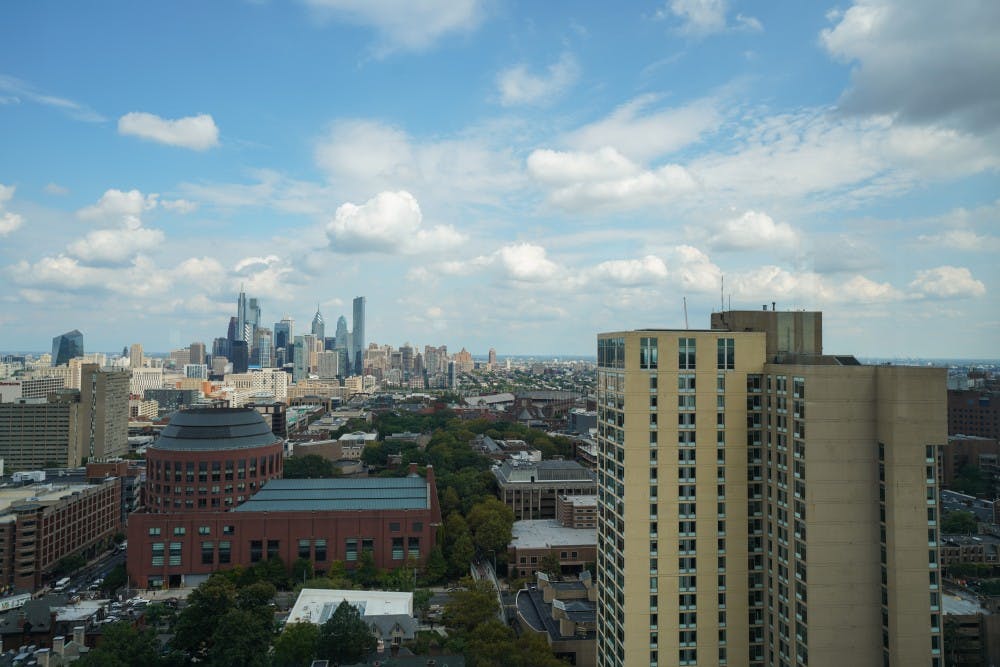
A recent study from Pew found there are a multitude of factors causing the exodus of tens of thousands of Philadelphians, and that residents typically leave in search of new opportunities, not because of dissatisfaction with the city.
The study is among the first attempting to analyze the reasons Philadelphians have been leaving for elsewhere. Each year, 60,000 people move away from Philadelphia, which is 10,000 people higher than the number that move to Philadelphia annually, according to Pew.
The study, which interviewed more than 1,000 people in an effort to discover why residents of Philadelphia choose to leave, found the top five reasons people leave Philadelphia are employment, public safety, cost of living, education, and housing.
Despite Philadelphia's net exodus, 70% of people interviewed by the study rated Philadelphia as a good or excellent place to live. Instead of citing dissatisfaction with the city, interviewees typically named better opportunities elsewhere as motivation.
These findings are similar to the causes traditionally cited by civic leaders. The study reported local figures typically name "crime, schools, the job market, local taxes, and dirty streets," as reasons why people leave the Philadelphia area.
While former Philadelphia residents of all ages cited employment as a top reason for leaving the city, younger residents were especially likely to do so. According to the results, 34% of people under 30 cited job opportunities as a top reason, compared to 26% of the overall population interviewed.
Penn, with its pre-professional and finance-oriented student body, is a contributor to this statistic. In 2015, only 10% of Penn students stayed to work in Philadelphia after graduation, a smaller percentage than students at other institutions in Philadelphia.
The Daily Pennsylvanian is an independent, student-run newspaper. Please consider making a donation to support the coverage that shapes the University. Your generosity ensures a future of strong journalism at Penn.
Donate



